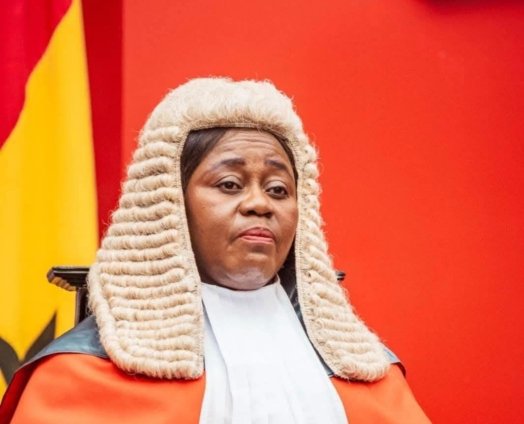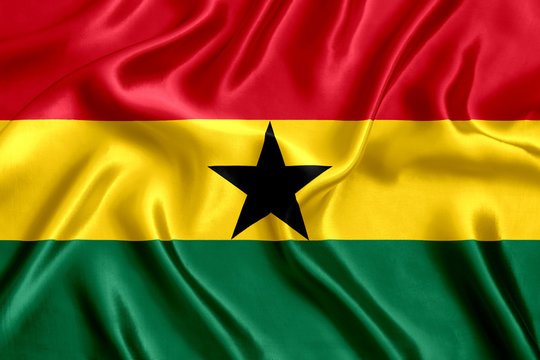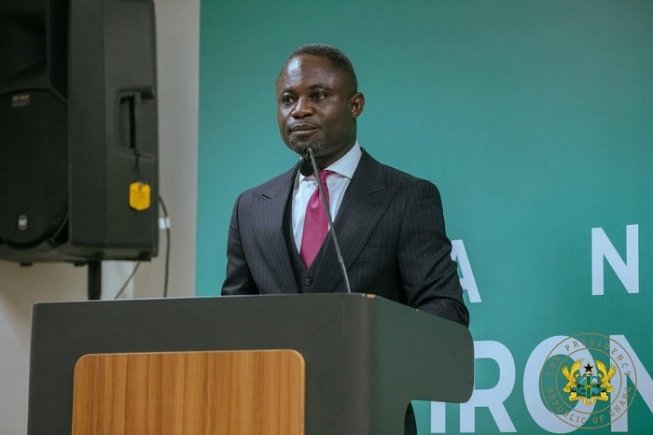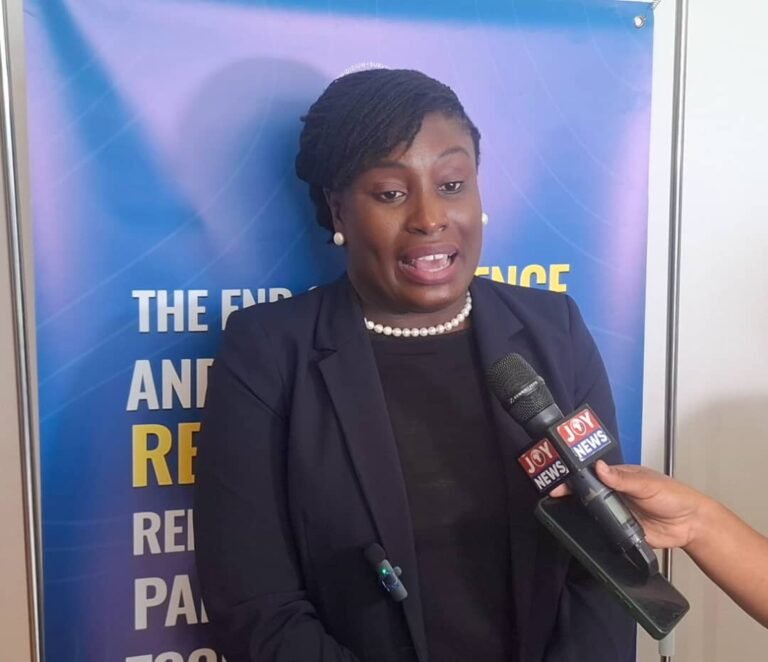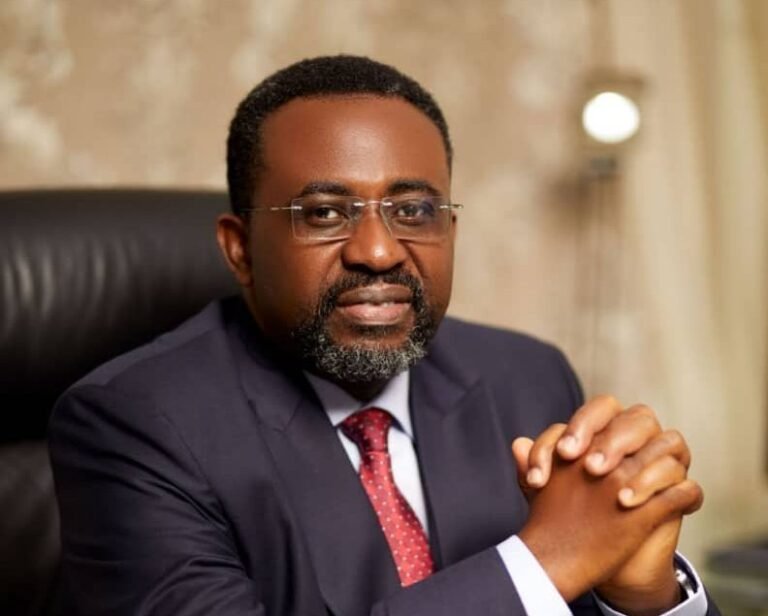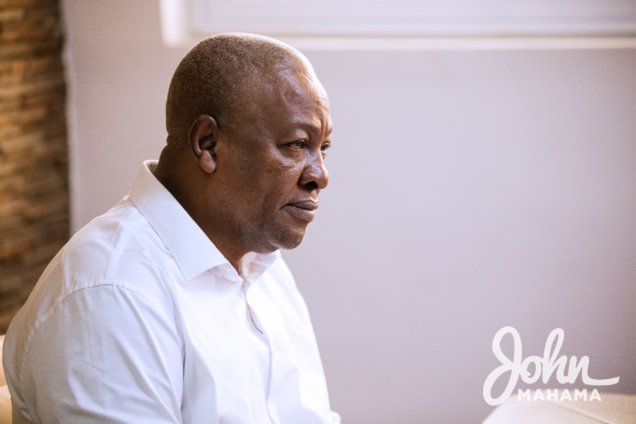
The writer
The United Nations has predicted that climate change is likely going to make the world sicker, hungrier, poorer and much more dangerous by 2040 with an “unavoidable” increase in risks.
It has noted that there remains only “a brief and rapidly closing window of opportunity to secure a livable and sustainable future for all.”
Report released by the UN Intergovernmental Panel on Climate Change (IPCC) presents humanity as not ready for the dire impact climate change is about to visit on the world.
The report also reveals a comprehension of the “vital link between gender, social equity and climate change,” and recognises that without gender equality today, a sustainable and an equal future would be out of reach.
Studies have found that women and girls experience the greatest impacts of the climate crisis as it amplifies existing gender inequalities and puts their lives and livelihoods at risk.
Across the world, women depend more on, yet have less access, to natural resources, and often bear a disproportionate responsibility for securing food, water and fuel. The situation is even dire in sub-Saharan Africa.
IWD
This is why this year’s International Women’s Day (IWD) theme, “Gender equality today for a sustainable tomorrow”, is apt. The theme calls for climate action for women and by women.
The reason is that we all bear the burden of climate impacts, and are therefore essential to leading and driving change in climate adaption, mitigation and solutions.
It cannot be that the fight against a global phenomenon would relegate to the background more than half of the world’s population, since any such relegation makes it difficult to realise the solutions for a sustainable planet and a gender equal world tomorrow.
I, therefore, join many women across the world to support the call to #BreaktheBias on the fight against climate change and urge that women are brought to the fore in any such discussions.
Affirmative Action Bill
Last year, in my IWD message, I called for the prompt passage of Ghana’s Affirmative Action Bill.
While acknowledging that the Nana Addo Dankwa Akufo-Addo government has been women-centric, developing policies that go to the heart of women development, I expressed belief that the party I lead, as the National Women’s Organiser, would achieve the most if we are able to pass the Bill.
I still believe strongly that the passage of the Bill will ensure the achievement of gender equality in political, social, economic, educational and cultural spheres in society and bring women to the table, especially, in the ongoing climate change discussion.
I therefore make that passionate appeal, once again, to our Members of Parliament, especially, the Women Caucus (from both NPP and NDC) to make this a priority. I urge the Gender Ministry to prioritise this Bill and I reiterate my support for this just cause.
NPP
The governing New Patriotic Party (NPP) is electing leaders at all levels. I seize this opportunity to call on our gallant women to take advantage of the ongoing processes and take up key leadership positions.
I urge women in the party to support each other in this quest. As I noted in my 2019 IWD statement, “Beyond individual interest/preferences, let us collectively be shoulders for each other as women”.
I, as your National Women’s Organiser, is committed to supporting women in the party attain the needed height that we all deserve. Let me also call on all members, supporters and sympathisers to let cool heads prevail in the ongoing exercise.
The NPP remains the only party to save Ghana. #BreakingTheEight is not just a social media slogan, but a committed zeal hinged on unity of purpose in securing another political mandate to work for and in the interest of Ghanaians.
Thus, the ongoing exercise should not break us, as a party, but rather help us put our best feet forward ahead of the 2024 general election.
The writer is the National Women’s Organiser of the New Patriotic Party (NPP).

